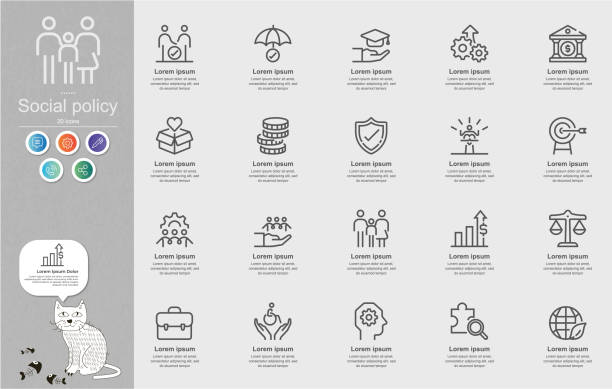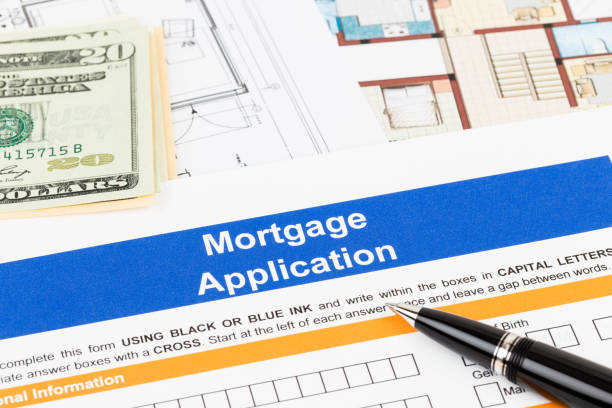Every April, National Financial Literacy Month is observed. We, as an organization committed to spreading financial education and literacy, celebrate this annual event by offering workshops and seminars, educational material, and continuing to help people better manage their finances.
History of Financial Literacy
Financial Literacy Month has been celebrated every year for over two decades. The National Endowment for Financial Education created it to help high school students understand the importance of being financially literate. In 2004, the Senate unanimously voted to declare April National Financial Literacy Month for both adults and students.
In April each year, several states proclaim a state-wide Financial Literacy Month. For over 20 years, we have been celebrating this day. We are happy to see that the tradition continues well into the future.
This annual event is not only for nonprofit organizations such as us and our friends from the Jump$tart Coalition and National Financial Literacy Coalition. Other entities, including banks, schools, and government bodies, also participate in promoting financial literacy and improving Americans’ financial capability.
Why is it important for you to be financially literate?
Financial literacy is a great way to prepare for economic hardship.
The economy faces unique challenges in 2022. The COVID-19 pandemic has not fully healed small businesses and families, and the war in Europe is causing further disruptions to supply chains. The unprecedented inflation that has resulted from the expansion of the money supply and rising gas prices are also contributing to the fact that people’s dollars don’t go as far.
Financial literacy is a key part of the solution. Each individual must examine their situation, determine what to do, develop a plan, and seek professional assistance when needed.
We want to encourage everyone to spend some time improving their financial literacy during Financial Literacy Month.
Financial Literacy Month ideas
We want to encourage everyone to do some extra activities to improve their financial knowledge during the financial literacy month of 2022. We understand that people are busy so that we won’t assign an excessive amount of homework. Instead, we want everyone to take a few minutes each week to think about their finances and refresh their knowledge.
Visit our blog to learn more.
Please spend some time browsing our archives. We’ve written about financial literacy and related topics for many years. Subscribe to our newsletter, bookmark us, and learn more about the issues we have covered over the years.
Financial Literacy Month can cover many areas of your daily life. Start by choosing the topics you are most interested in and that relate to your current situation.
Check out our Tips to Teach Financial Literacy in the Home if you have children.
Online courses for free
Check out our classes. You can also watch recorded versions of some of our most popular courses, such as Creating A Budget 101 or Understanding your Credit Report.
These workshops will award you certificates and help you keep track of your progress. These online courses can be accessed at any time, for free and on demand.
Get free educational materials.
Check out our financial tools and resources. Download free educational booklets in PDF format for over 14 different topics. These range from “Raising a Money Smart Child” to “Understanding Your Credit Report, Score and Report.”
Spend some time reading the materials and downloading one booklet each week. Make sure to download our budgeting workbook, “The Power of Paycheck Planning,” which has pages that allow you to track your spending and propose a budget you can live by.
Online Live Workshops
Our audience in southern California is frequently offered live workshops in person. Zoom allows us to provide more live classes online than ever before.
Join our Eventbrite page to receive updates whenever we schedule new online courses.
One-on-one counseling
One-on-one coaching can be helpful if you are struggling to keep up with debt payments or a reduced income. This nonprofit service is free, and it gives you the opportunity to ask questions as well as receive personalized advice tailored to your situation.
We have HUD-certified housing counselors who can help you with foreclosure prevention, reverse mortgage counseling, and pre-purchase education. You don’t need to do it alone. This month is a great time to learn more about personal finance.
You can improve your financial knowledge and prepare yourself to withstand any unexpected event, such as inflation or recession, by setting aside a few minutes each week in April.



